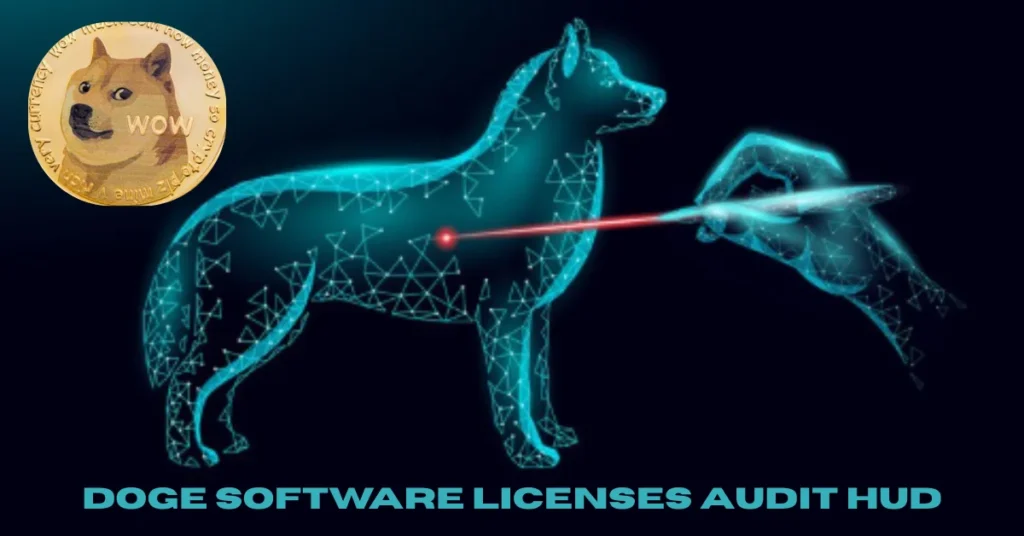Mastering Compliance with Doge Software Licenses Audit HUD
In the dynamic world of software development—especially when open-source tools are integral—managing and ensuring compliance with licensing can be a colossal task. Enter the Doge Software Licenses Audit HUD, a real-time dashboard tool designed to simplify license tracking, mitigate risks, and safeguard organizations against legal and operational liabilities.
Drawing from the latest insights, here’s how mastering this HUD can transform your compliance strategy into a seamless and efficient process:
What Is the Doge Software Licenses Audit HUD?
The Doge HUD is a heads-up display-style interface integrated directly into development environments or CI/CD pipelines. The system offers instant insights into license utilization, allowing teams to:
-
Scan dependencies across common registries like NPM, Maven, PyPI, or Composer.
-
Visualize license types and compatibility via an intuitive interface.
-
Receive live alerts when license policies are violated.
Why License Auditing Matters—Especially Now
In today’s interconnected tech landscape, failing to manage software licenses properly can lead to:
-
Legal consequences—misuse of GPL or similar licenses can demand disclosure of proprietary code.
-
Security vulnerabilities—untracked components often escape updates or patches.
-
Financial inefficiencies—unused or redundant licenses can bloat budgets.
Essential Features of the Doge Software Licenses Audit HUD
-
Real-Time Scanning
Continuous monitoring of dependencies during development and merges. -
License Compatibility Matrix
Visual indicators for risky license combinations, like mixing MIT with GPL. -
Policy Engine
Custom rules let you allow, flag, or block specific licenses such as AGPL or proprietary types. -
Automated Reporting & Audit Trails
Logs compliance activities, license use, and override actions—critical for audits and due diligence. -
DevOps Tool Integrations
Compatible with GitHub, GitLab, Jenkins, VS Code, Snyk, and other DevSecOps tools.
Benefits per Role
-
Developers – Get instant, in-environment alerts on license issues, speeding up feedback loops.
-
Legal and Compliance Teams – Gain efficient audit-ready documentation and automated enforcement.
-
Leadership (CTOs/DevOps) – Maintain a unified view of license governance, reducing risk across the board.
Real-World Application: License Audits in Government
Federal scrutiny—such as audits at the Department of Housing and Urban Development (HUD)—has revealed substantial license waste (e.g., thousands of unused Adobe or ServiceNow licenses). A tool like Doge HUD could proactively identify and prevent such inefficiencies.
Best Practices for Implementing the Doge HUD
-
Define clear license policies early—know which licenses are allowed or prohibited.
-
Integrate into CI/CD systems, ensuring compliance checks occur before code merges.
-
Keep teams informed—regular training helps everyone interpret HUD alerts effectively.
-
Create a centralized compliance hub— consolidate all license data, audit logs, and policy references.
-
Continuously enhance compliance workflows by revising policies and broadening oversight to adapt to changing dependencies.
Live Translate Hub Iota Valley
Final Thoughts
The Doge Software Licenses Audit HUD isn’t just another tool—it redefines how teams manage licensing. By bringing real-time tracking, enforceable policies, and intuitive compliance workflows into your developer environment, it empowers organizations to handle license governance with confidence and transparency.
It’s time to go beyond reactive compliance and make licensing a proactive, integrated component of your DevSecOps strategy.


